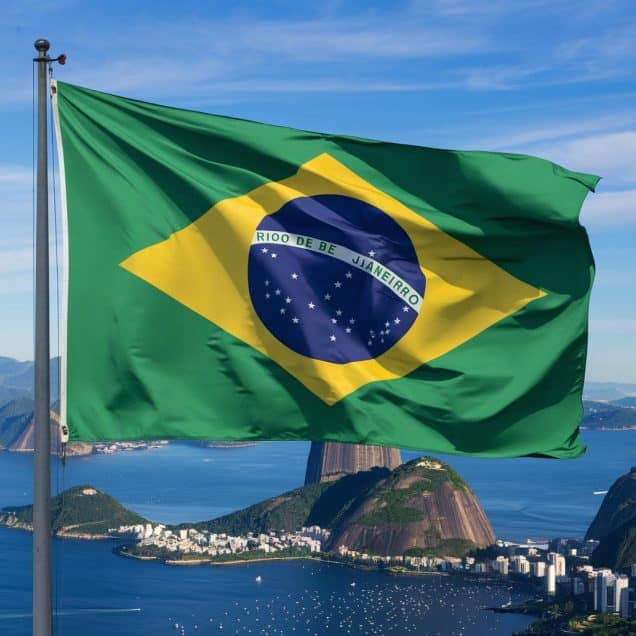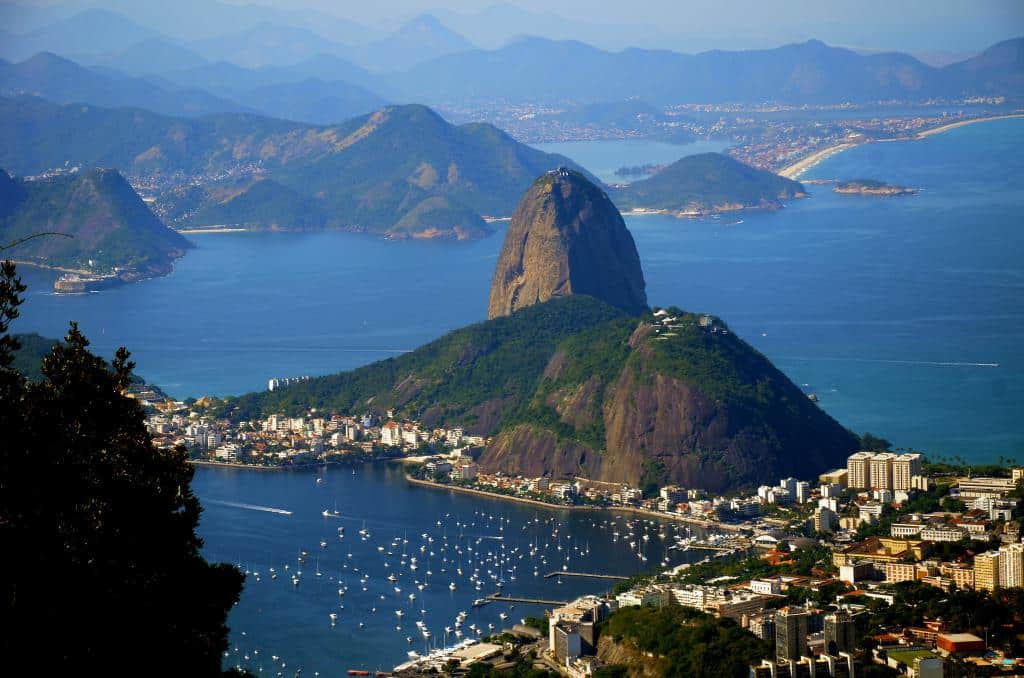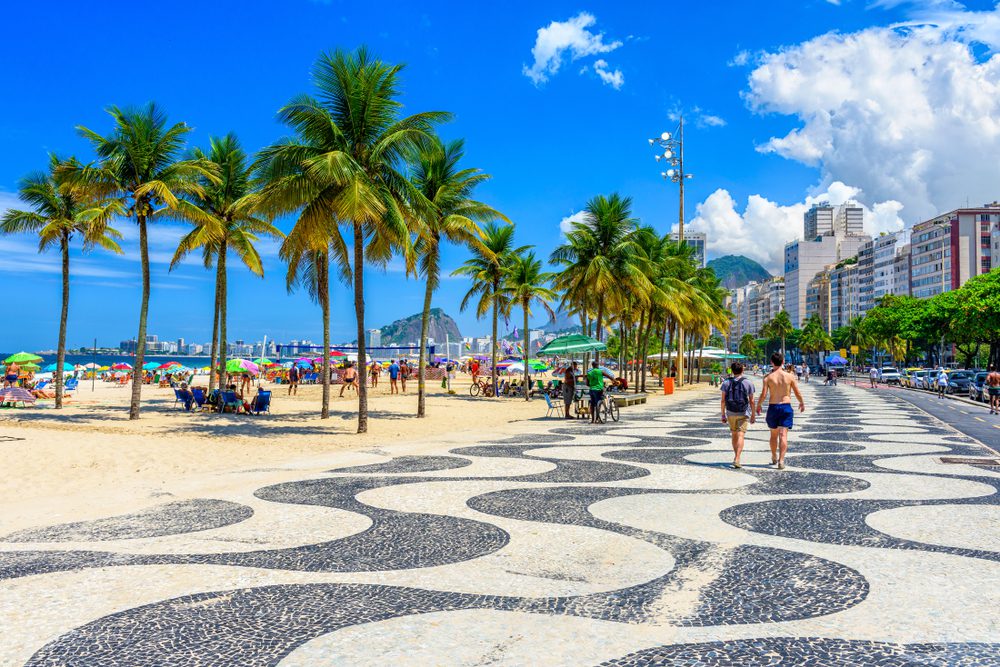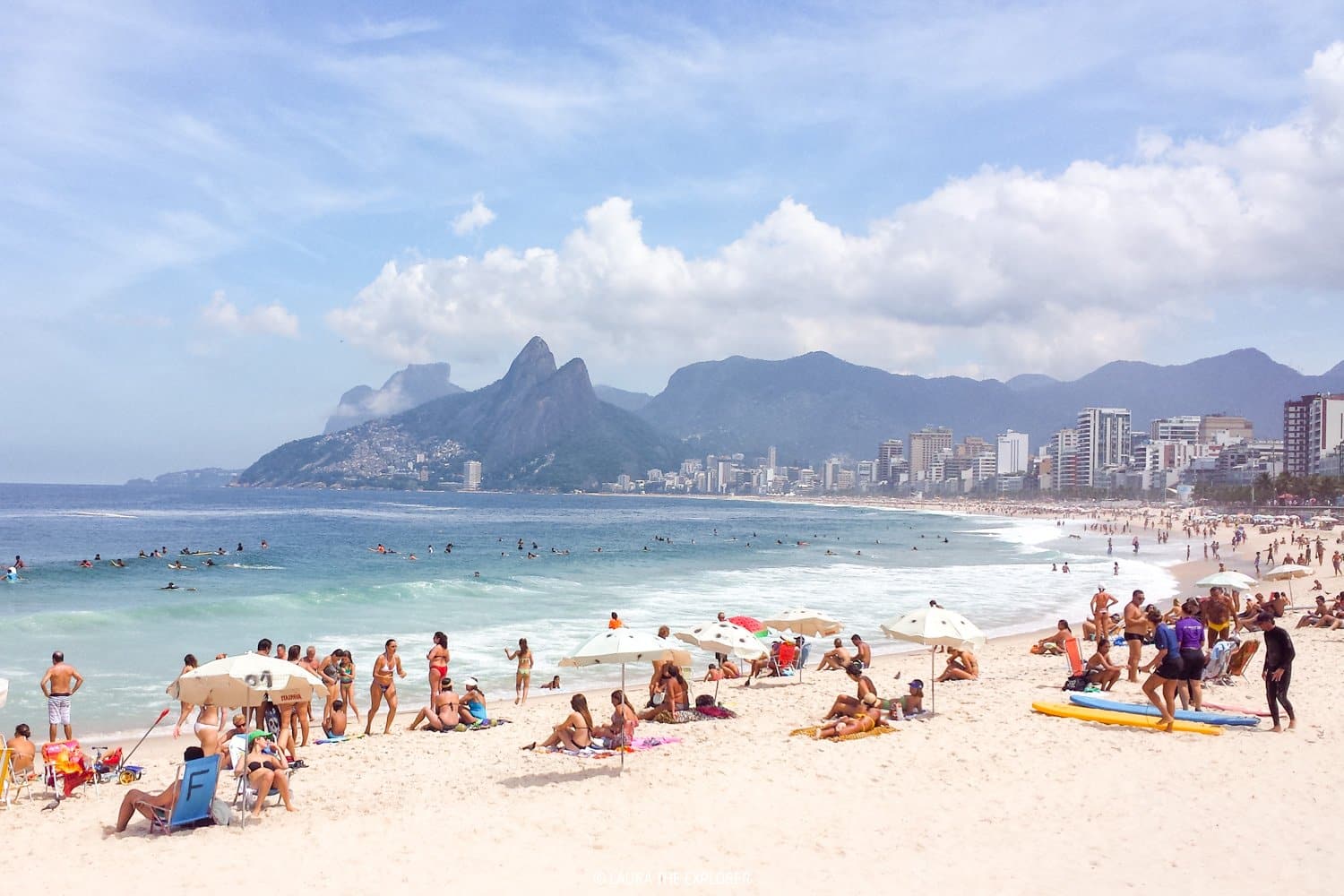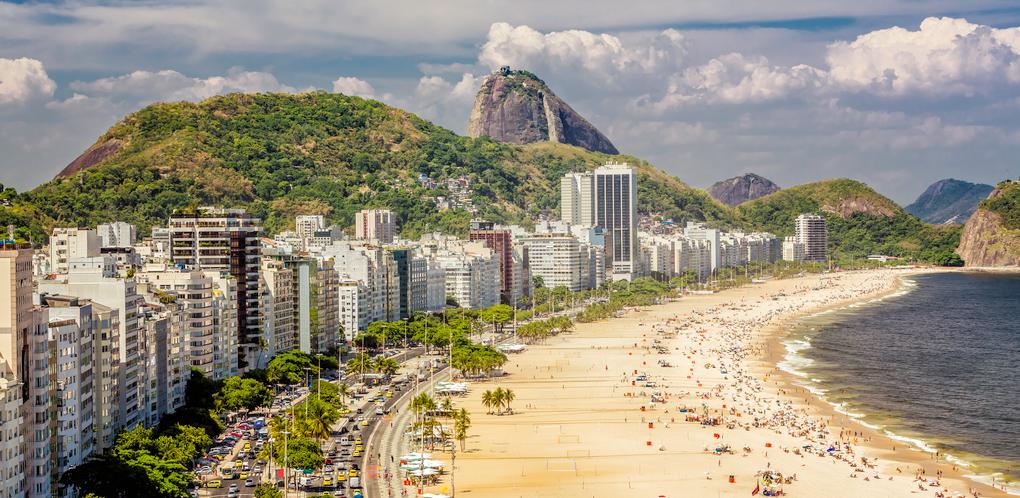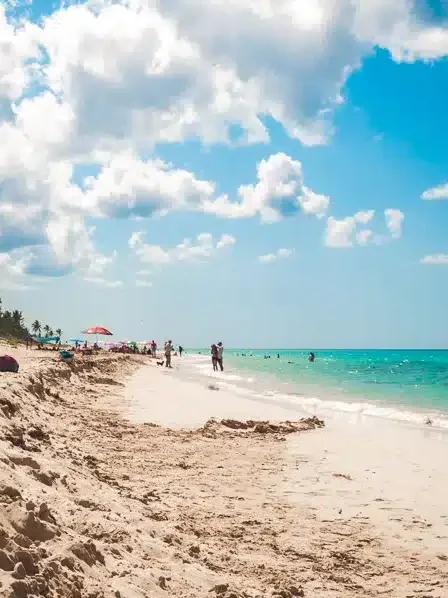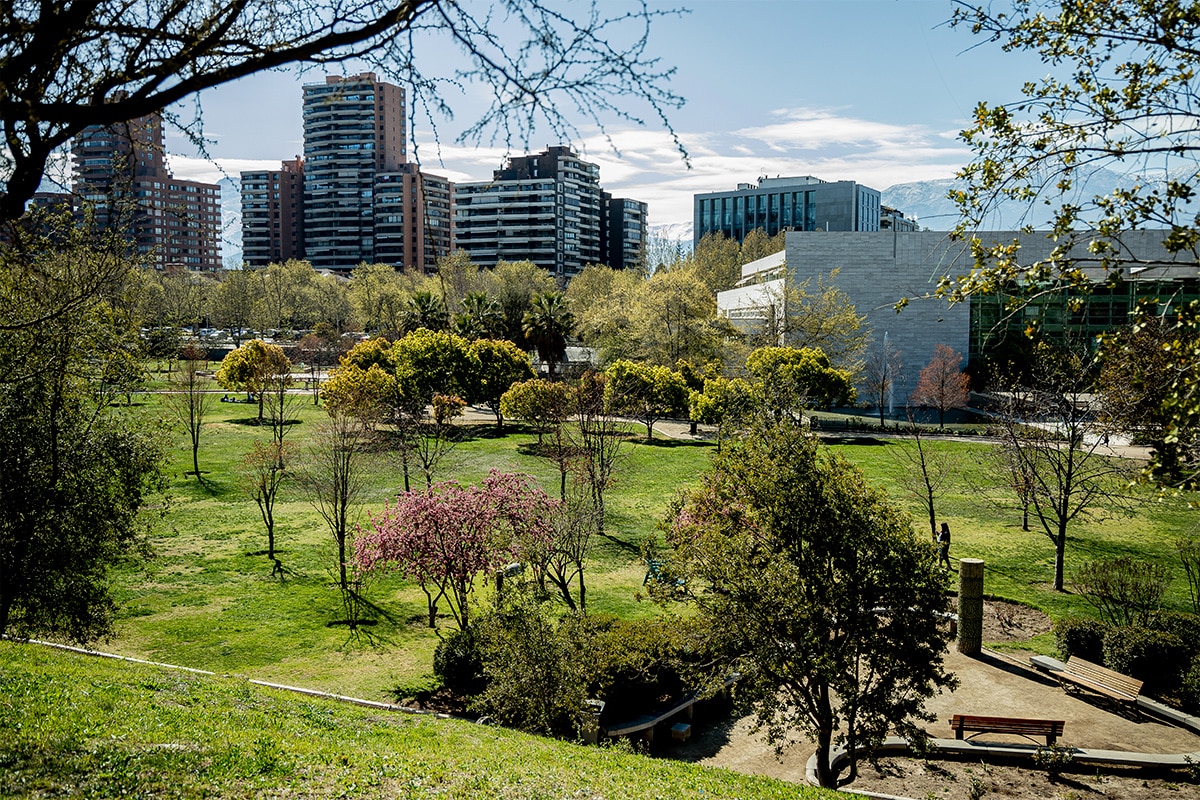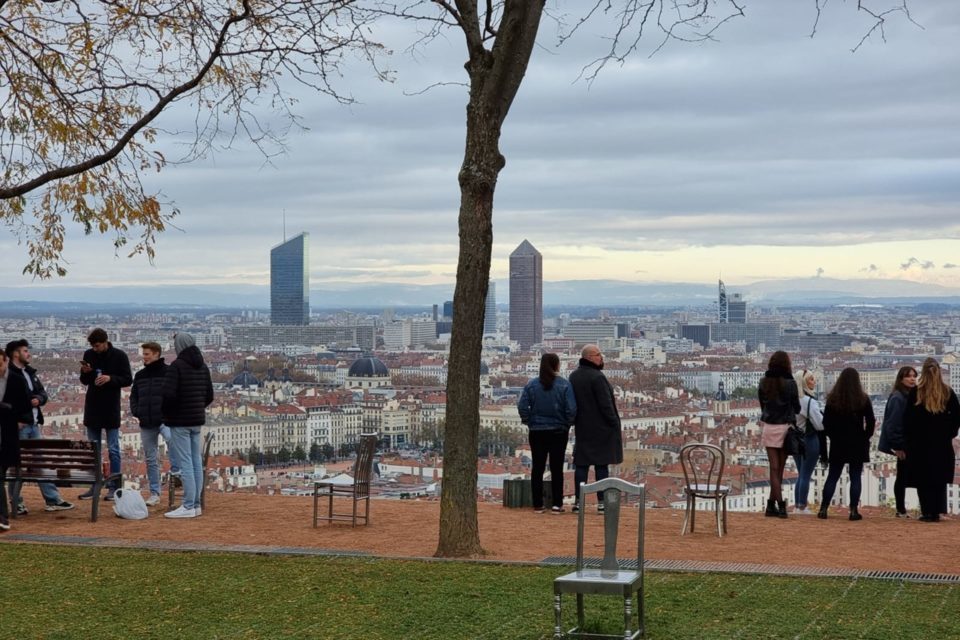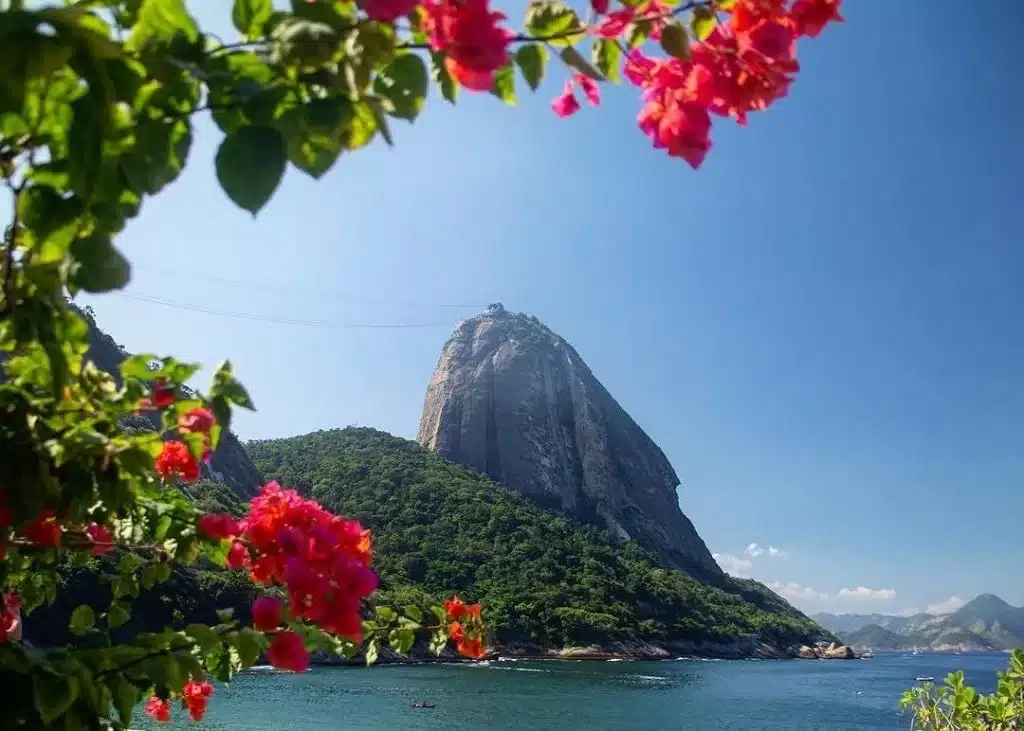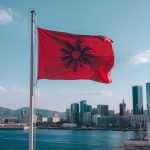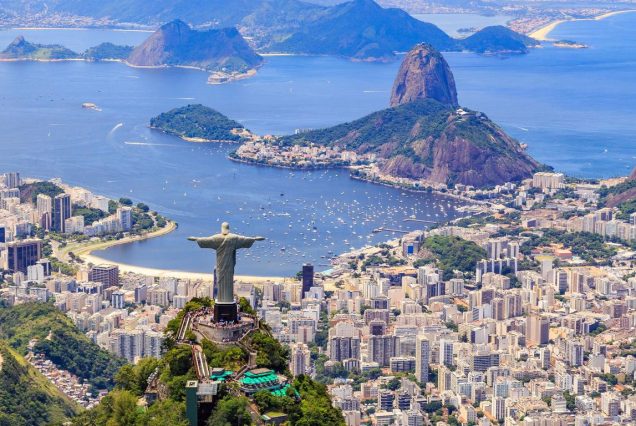

Discover Brazil
Sights
Map
Info
Brazil is a vast and diverse country, offering a mix of vibrant culture, stunning natural landscapes, and bustling cities. To make the most of your trip, it’s important to be informed about visa and passport requirements, transportation and accommodation options, as well as dining and cultural practices. Understanding the local language, technology, communication, and shopping methods will further enhance your travel experience.
Visa and Passport Requirements
Visa Requirements: Depending on your nationality, you may need a visa to enter Brazil. Many countries, including the U.S. and EU nations, do not require a visa for short stays.
Passport Validity: Your passport should be valid for at least six months beyond your intended departure date from Brazil.
Tourist Visa: If required, tourist visas typically allow stays of up to 90 days, with the possibility of extension.
Transportation
Domestic Flights: Brazil is a large country, and domestic flights are often the most efficient way to travel between major cities.
Buses: For intercity travel, buses are widely used and are a more affordable option, though travel times can be long.
Ride-Sharing and Taxis: In cities, ride-sharing apps like Uber and traditional taxis are widely available and convenient.
Accommodation
Hotels: Brazil offers a wide range of hotels, from luxury resorts in places like Rio de Janeiro to budget options in smaller cities.
Pousadas: Pousadas are small, family-run guesthouses that provide a more intimate and local experience, particularly in rural areas.
Hostels: Hostels are popular among backpackers and budget travelers, especially in major tourist areas.
Dining
Traditional Cuisine: Brazilian cuisine varies by region, with feijoada, churrasco, and moqueca being popular dishes to try.
Street Food: Street food is common, especially in cities like São Paulo, where you can find pastéis, coxinha, and acarajé.
International Cuisine: In major cities, you’ll also find a variety of international restaurants catering to diverse tastes.
Cultural Considerations
Respect for Local Customs: Brazilians are generally friendly and laid-back, but it’s important to be respectful, especially regarding personal space and social interactions.
Tipping: Tipping is customary, usually around 10% of the bill in restaurants and for taxi services.
Dress Code: Casual attire is common, but dressing modestly is recommended when visiting religious sites.
Language
Portuguese: Portuguese is the official language, and while English is spoken in tourist areas, you may encounter language barriers elsewhere.
Basic Phrases: Learning a few basic Portuguese phrases or using translation apps can greatly enhance communication.
Technology and Communication
Wi-Fi Access: Wi-Fi is widely available in hotels, cafes, and public areas, though the quality can vary depending on the location.
Local SIM Cards: Local SIM cards with affordable data plans are easy to obtain, making it convenient to stay connected during your trip.
Shopping and Payment
Credit Cards and Cash: Credit cards are widely accepted in major cities, but it’s advisable to carry cash, especially in rural areas.
Local Products: Brazil is known for its handicrafts, coffee, and gemstones, making these popular items for souvenirs.
Bargaining: Bargaining is not common in most stores, but you might have some flexibility in street markets.

